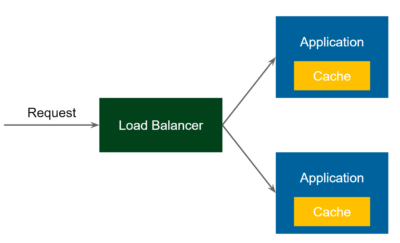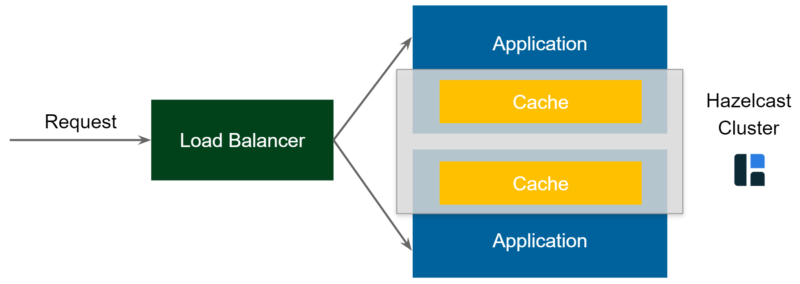Suppose you are working on a Order Management system. Once the order is placed, the system needs to do the following taks:
1. Send email notification to customer
2. Send request to Payment processing system to make payment.
Generally, in traditional way of programming, once the order is placed we call below 2 methods:
sendEmailToCustomer()
makePayment()
Now suppose , the product owner gives you a requirement to send email notification to seller also once the order is placed. To do that, now you need to introduce another method, sendEmailToSeller, along with the above 2 methods.
This approach has a drawback. If the order is created from multiple places, we need to introduce this change in all these places.
We can handle the same problem in event driven approch. We can consider Order creation as an event; hence it becomes a producer for event & sending email to cutomer , making payment & sending email to Seller become the event consumers.
Spring framework comes with an in-built support for Event Driven processing. It requires 3 elemts for an event:
1. the Event itself
2. Pulisher of the event
3. Consumer/Listener of the event
All of these are handled in Spring framework in an elegant way.
Prerequisite:
Java 8
Spring framework version: 4.3.30.RELEASE
Maven dependency:
<dependency>
<groupId>org.springframework</groupId>
<artifactId>spring-core</artifactId>
<version>4.3.30.RELEASE</version>
</dependency>
<dependency>
<groupId>org.springframework</groupId>
<artifactId>spring-context</artifactId>
<version>4.3.30.RELEASE</version>
</dependency>
Event: The event can be any Java Bean model class; for brevity have removed the getters & setters. You can add @Getter & @Setter annotation from lombok library also.
public class OrderEvent {
private String itemName;
private int quantity;
}
Event Publisher: Spring comes with an in built ApplicationEventPublisher class defined in org.springframework.context.ApplicationEventPublisher.
You can publish the event like below:
@Service
public class OrderEventProducer {
@Autowired
private ApplicationEventPublisher publisher;
public void publishTestEvent() {
OrderEvent order = new OrderEvent();
order.setItemName("Pen");
order.setQuantity(5);
System.out.println("Puslishing order");
publisher.publishEvent(order);
}
}


